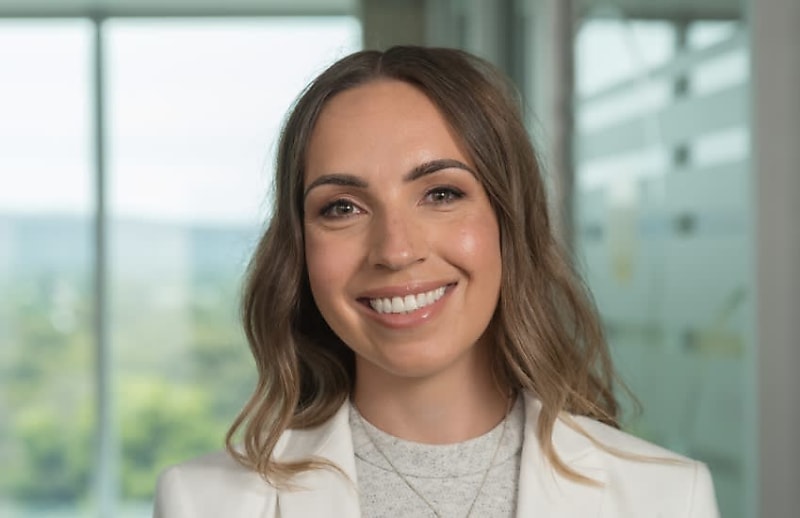Accountants miss a huge opportunity if they fail to help female small business owners with advice because most lack the financial confidence to expand, says Shaye Thyer of Intuit QuickBooks.
ABS figures showed two-thirds of business start-ups over the past 10 years were by women but a lack of financial literacy was holding them back, Intuit’s head of accounting said.
You’re out of free articles for this month
She said figures from a recent survey were alarming, with 90 per cent of female small business owners saying inadequate financial literacy affected their ability to scale.
“Financial literacy was the biggest barrier to them in being a small business owner – a bigger barrier than cashflow, a bigger barrier than inflation, a bigger barrier than a bunch of things that we would possibly expect,” said Ms Thyer on the latest Accountants Daily podcast
She said financial literacy took in how to read a profit and loss statement or balance sheet, but also how to manage cash flow.
“We’ve got gaps there – either gaps in literacy or gaps in confidence, which is almost as bad.”
She said that might be partly why 98 per cent of women who started their own business used their own money, because they lacked the know-how to make a funding application.
“Perhaps I don’t know how to go and have that conversation with the man to manage the growth of my business, so I self-fund,” she said.
That was reflected in another finding that 44 per cent of female-run businesses relied on their parents or family for financial advice.
“Now, that is fine and lovely – we all help each other out,” she said. “But when I read that, I thought, ‘Oh my goodness, where are their accountants and bookkeepers?’”
She said a large proportion of female small business owners were not getting the help they needed.
“So it screams opportunity to me, from our adviser community, accountants and bookkeepers, leaning in to support female-owned and led small businesses.”
Without it, women were falling into a poverty trap.
“The impact of this personally on women is quite terrifying. We already know that retirement-age women are the biggest growing cohort of homeless people because they get to retirement and they haven’t got enough super or they haven’t collected the assets over the course of their life.”
“They’ve taken time out to care for children, have children … they have may have stepped away from the workforce, they may have had relationship breakdowns.”
“But that’s quite catastrophic.
“So think about a female running their own business, they’re funding it with their own money, they wouldn’t be barely paying themselves a wage, they wouldn’t be putting money into super – all of those things that we would hope they’re being coached to do if they have a coach or adviser.”
Philip King
AUTHOR
Philip King is editor of Accountants Daily and SMSF Adviser, the leading sources of news, insight, and educational content for professionals in the accounting and SMSF sectors.
Philip joined the titles in March 2022 and brings extensive experience from a variety of roles at The Australian national broadsheet daily, most recently as motoring editor. His background also takes in spells on diverse consumer and trade magazines.
You can email Philip on: This email address is being protected from spambots. You need JavaScript enabled to view it.

 Login
Login







